
(HealthDay News) — As the number of U.S. coronavirus cases neared 1.8 million on Monday, a new poll shows that a majority of Americans still think it’s more important to control the virus’ spread than to restart the economy. While nearly 6 in 10 Americans say the pandemic has taken a heavy economic toll on their communities, a majority of a divided country still believes that containing COVID-19 infections is paramount, a new Washington Post-ABC News poll shows. Overall, 57 percent of all Americans and 81 percent of Democrats say trying to control the spread of the coronavirus is most important right now. But only 27 percent of Republicans agree, while 66 percent of them say restarting the economy is more critical. Nearly 6 in 10 independents say their priority is trying to control the virus’s spread, the survey found. And nearly 7 in 10 Americans say they are worried about the possibility of a second wave of coronavirus infections in the fall, the poll showed. Even as Americans continue to worry about the spread of COVID-19, protests erupted in cities nationwide over the death of George Floyd at the hands of Minneapolis police. Those protests could become new “super-spreader” events for coronavirus, public health experts worry. While the spread of coronavirus has slowed in some of the hardest-hit areas of America, other parts of… read on >











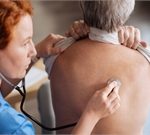
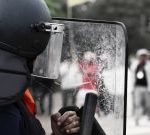
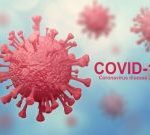
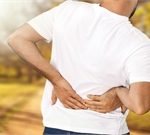
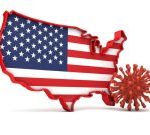
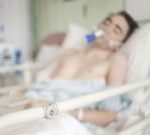
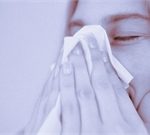





-300x200.jpg)













